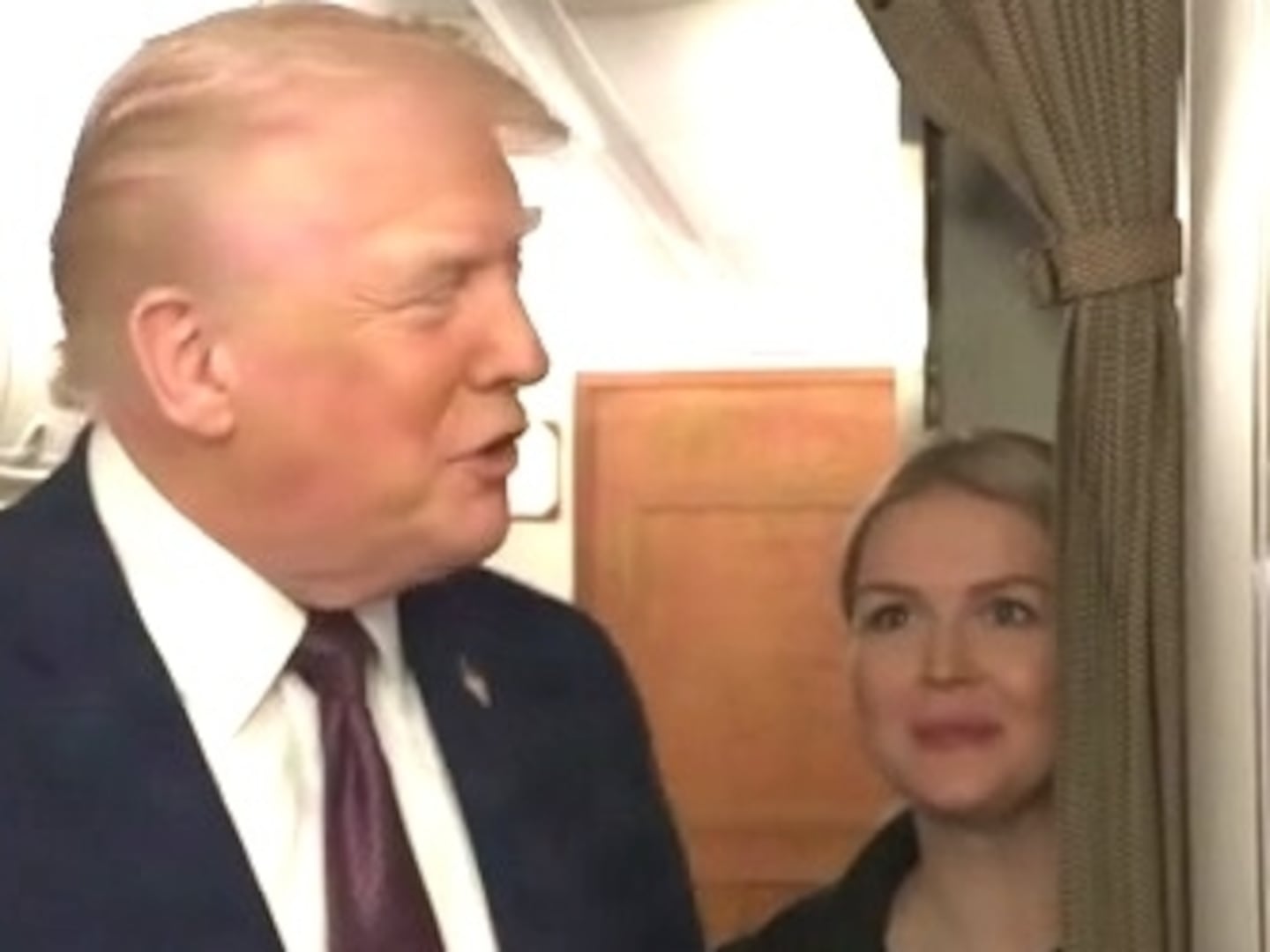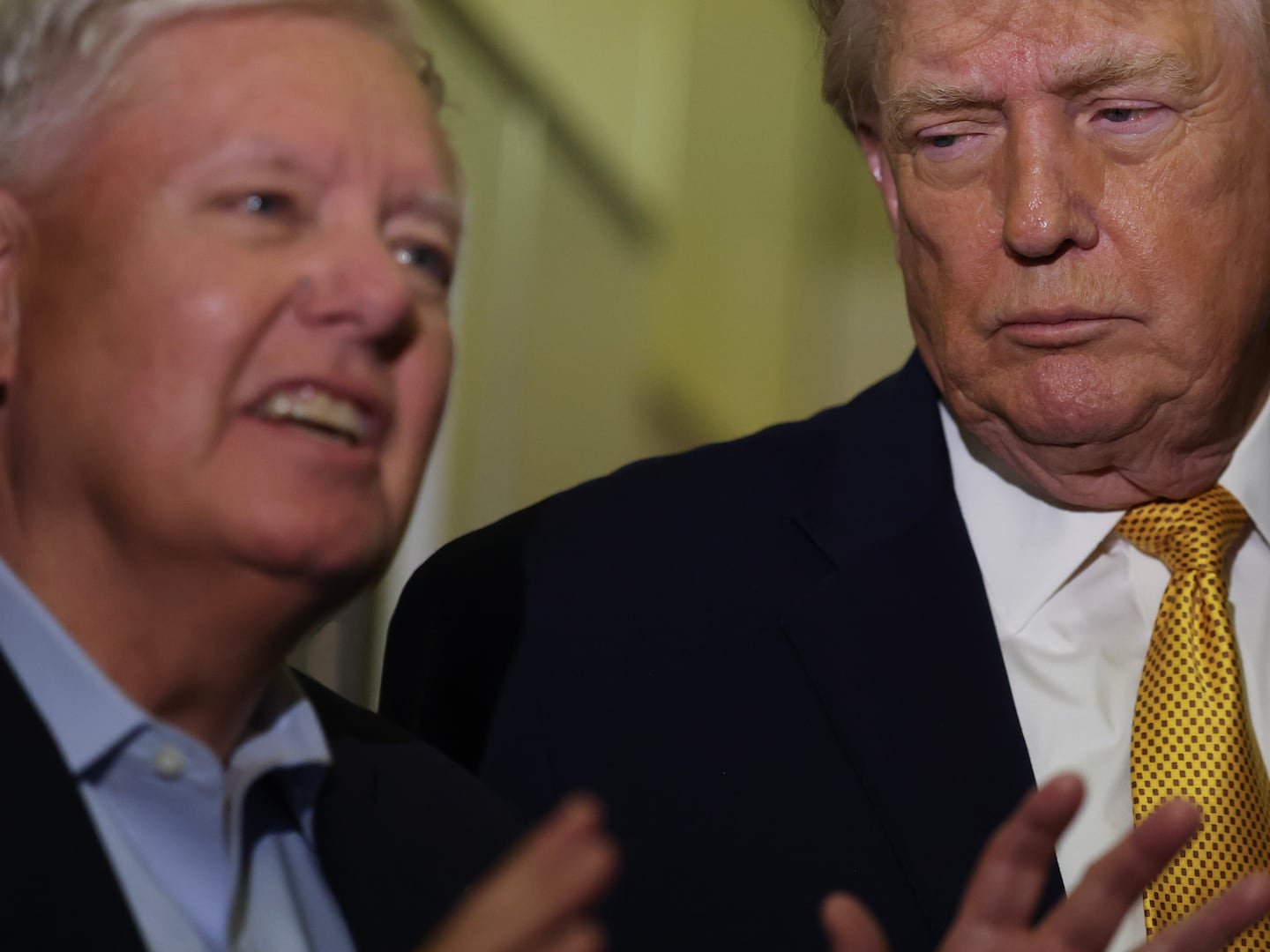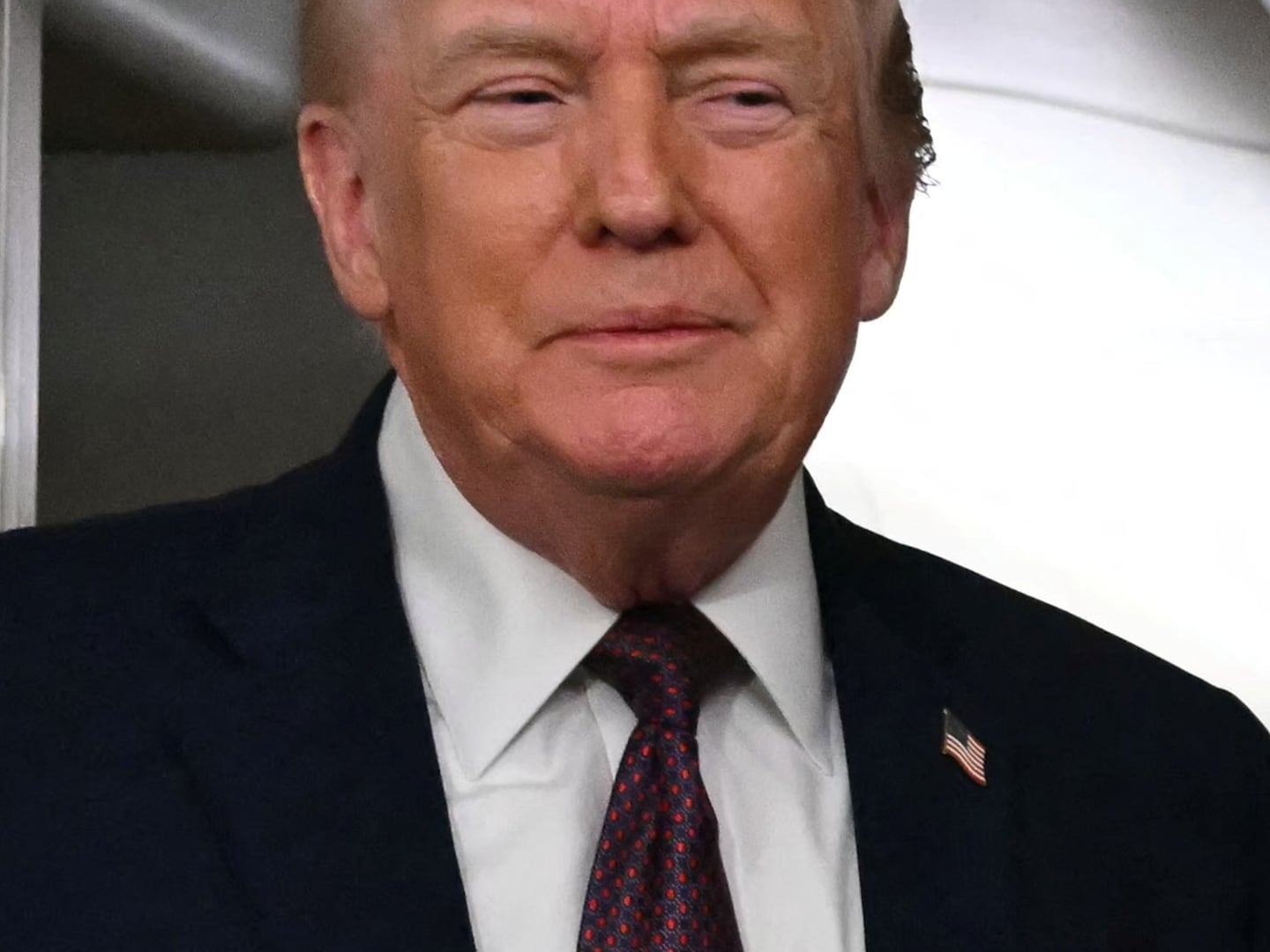The rain was coming down so heavily you’d have thought you could swim through it. I’d just landed in Havana on one of my first trips there in the early 1980s, and been met by Olga, the minder who’d be my guide and guard for the next several days. Her mission: to demonstrate that all was well in this socialist paradise.
But the driver of the little car she’d been assigned was nowhere to be seen. We waited, she grew more impatient, really quite angry. She spotted the car about 100 yards away, and it looked like the driver might be in it. But he wasn’t moving. We had no choice but to run for it.
Soaking wet, peering in the windows and knocking on them frantically, we saw he’d gone to sleep.
I thought this guy was just a huevón, as they say in Spanish: terminally lazy. I didn’t realize as I slid into the back seat that I’d begun my education in the multiple levels of resistance—a particularly passive resistance—to the Communist order imposed on the island.
This morning, as I watched the carefully choreographed coverage of U.S. President Barack Obama and his family touring this country where looks can be very deceiving, of course I thought back on my time spent with Olga and the driver, whom we’ll call Ricardo. And it wasn’t just because of the rain.
Obama has been resolutely upbeat so far, as one is inclined to be on first contact with a people who, despite many hardships, are full of grace and warmth, in a city, Havana, that reeks of history. As the first U.S. president to visit the island since Calvin Coolidge, Obama said he hoped to build a “vision of the future that is brighter than our past.” And there is little doubt that some changes will come as American hotel chains and even Google start to intrude.
But the fact is the U.S. notion of that past and the Cuban one are very different, and not only because of the embargo since Fidel Castro took over the country in 1959. Cubans, so many of whom are descended from Africans, remember American support for slavery on the island, and attempts to annex it in the 1850s by purchase or conquest. The Bay of Pigs in 1961 echoed earlier failed invasions a century before.
Cubans remember, too, the role the American Mafia played not only operating on the island, but running it in the 1930s and 1940s. (The scenes in Havana in The Godfather, Part II are not far from the truth.)
Today, in the name of amity, we are hearing a lot of good news. But so many of the headlines being pushed by the Cuban government and, now, by the Obama administration were floated to me on that early visit more than 30 years ago.
Cuba’s economy was gradually opening up, I was told even then. The government was experimenting with free enterprise, but the process had to be a slow one, and the real problem with the economy was the American embargo. Most Cubans understood the gains the masses had made under the Revolution, Olga told me, and maybe there were a few dissidents, but they were very, very few, and they were just chronic malcontents.
The tourism sector was booming, Olga said, as did officials I was allowed to meet. Europeans and Canadians were taking advantage of the gorgeous weather and the beaches, I was told. They crowded into La Floridita for the daiquiris and La Bodegita to get legless drunk on the mojitos. It was really a shame the yanquis couldn’t do the same.
Olga explained these “facts” to me many times in the car. Ricardo listened, mostly in silence, but in relatively good humor, it seemed. If she asked him to affirm any of the virtues of the Revolution, he did. And then, as we were touring a sugar plantation, driving thorough cane breaks out in the middle of nowhere, we ran out of gas.
Olga was furious, and I found the blur of Spanish invective hard to follow as she told Ricardo he better take care of it. He was unflustered, perfunctorily apologetic, took a jerry can out of the trunk and hitchhiked to the nearest source of gasoline. A couple of hours later, we were on our way again.
Ricardo, I concluded, was not only a huevón, but an idiot.
Our destination at that point was a resort, which resembled an East European holiday camp with palm trees and golden sand. Olga, it turned out, had friends there, and expected to spend the night.
I, on the other hand, had an interview scheduled with the then-deputy foreign minister, Ricardo Alarcón, the next morning, and I was damned if I was going to cut the timing close, given the driver's record of fecklessness. So I insisted we drive the three or four hours back to Havana that night, and that put Olga in a very bad mood.
She asked me if I had been covering the Contras fighting against the Cuban-backed Sandinista government in Nicaragua. I said that I had, and knew several of their leaders, including the former Sandinista hero Eden Pastora, who was nearly killed by an assassin’s bomb.
“So, you know these gusanos?” she said, using the Spanish word for worm, Cuban rhetoric for traitor. It was an accusative question.
“I try to talk to a lot of people,” I said, as I recall. There were many problems in Nicaragua, I told her, just as there were many problems in Cuba, as evidenced by the mass exodus of refugees (with an admixture of criminals) from the harbor of Mariel in 1980. In Nicaragua, where I had spent a lot of time, people were increasingly afraid to speak out. Neighborhood committees had been established like those in Cuba, to try to keep an eye on everyone. For critics of the regime, the atmosphere was growing hostile, and for some, deadly.
That really set Olga off, and until we dropped her at her Soviet-style apartment block on the edge of Havana a little before midnight, she alternated between silence and furious denunciations of my failure to understand the virtues of the Nicaraguan and Cuban revolutions.
Then I was left in the car alone with Ricardo, driving through the dark into the Cuban capital. And, suddenly, he spoke.
“You are right,” he said.
“Right about what?”
“We cannot say anything here,” he said. “All that people want to do is leave.”
I thought this might be a trap.
“Is that true?”
“It is,” he said. And as we talked, not only that night, but the next afternoon when I arranged to meet him again, he told me his brother had fled Cuba in the Mariel boatlift, and he was hoping for the chance to do the same.
I concluded, in the end, that Ricardo was not a provocateur, and neither was he a conspirator against the Revolution. He was more like “the good soldier Schweik,” that icon of Czech literature who used his evident laziness to defy authority. In Ricardo’s case, he made it a point to fall asleep in the airport parking lot during a rainstorm; he knew perfectly well he would run out of gas in the cane fields; he took some considerable pleasure in provoking Olga, the apparatchik, who symbolized everything he loathed about his life.
As Obama continues his visit to Cuba, he will be surrounded by Olgas explaining the virtues of the Revolution. He will also learn of (but not see) dissidents being persecuted and in some cases being dragged off the streets like the “Ladies in White” hauled away kicking and screaming by Cuban police yesterday. Obama may do what no other visiting Western head of state has done in Havana by speaking out in their defense.
But will Obama have a chance to meet the Ricardos, those invisible Cubans whose hopes for change, and for escape, have endured now for so many decades? Certainly not. They know that he will leave, and they will be left behind, exacting whatever revenge they can on a system of oppression that is still very much in place.





